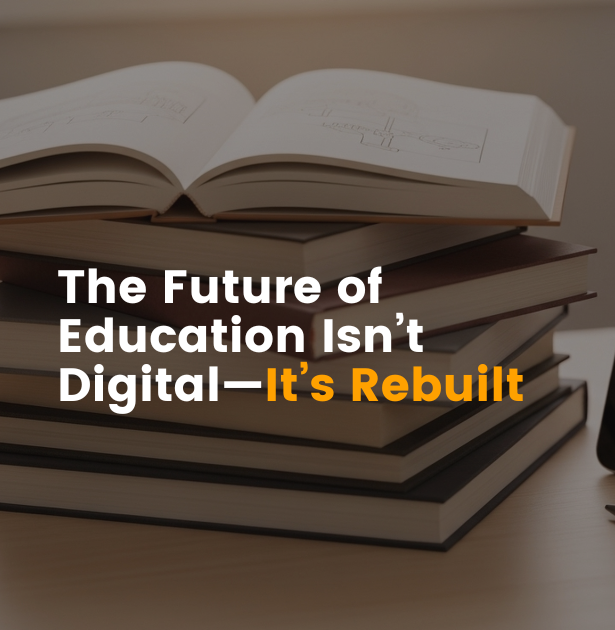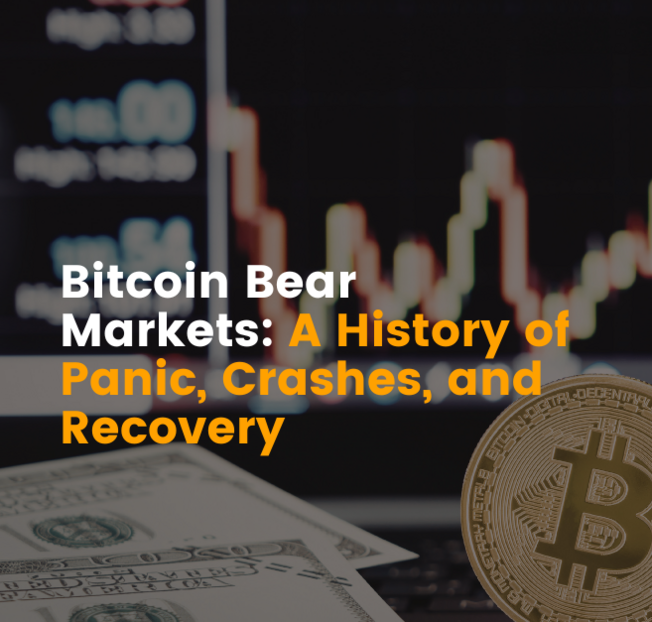I’ve just landed in London to learn that the UK has voted for #brexit. What’s next? Here’s one possible outcome… In a similarly dramatic referendum 50 years ago, Singapore citizens voted to leave British colonial rule and join the new Federation of Malaysia. But following race riots that ran out of control, Singapore was expelled from Malaysia and left as an island to fend for itself. At the time, the skeptics saw a bleak future for Singapore. At the time, the leader of Singapore, Lee Kuan Yew spoke with tears on National TV: “Every time we look back on this moment when we signed this agreement which severed Singapore from Malaysia, it will be a moment of anguish… because all my life… I have believed in merger and the unity of these two territories.” Then, realizing Singapore had no one to depend on but themselves, Lee Kuan Yew decided to reinvent Singapore – and focus the newly independent island on becoming a world leading nation. He looked beyond their relationship with the British Empire and Malaysia to the rest of the world. He looked beyond the present to 50 years in the future. Suddenly, what looked like a crisis was turned into an opportunity, with SIngapore being the first nation to be deliberately designed for the 21st Century. 50 years after that separation and new focus, here’s what that separation has led to… Today Singapore has been recognized globally as: > The No.1 most educated country, according to the OECD Global Education Report. > The most innovative country, based on the Global Innovation Index published by INSEAD, WIPO & Cornell University. > The world’s easiest country to do business in, according to the World Bank (7 years in a row) > The No.1 country with the best business environment, according to the Economist Intelligence Unit. > The No.1 city with the best investment potential, according to BERI. > The most transparent country in the world, according to the Global Competitiveness Report. > The 2nd most competitive country in the world, according to the World Economic Forum. > The 2nd most technologically advanced country, according to the WEF Global Information Technology Report. > And the 3rd richest country in the world, according to Forbes, with one of the lowest levels of poverty and one of the highest density of millionaires in the world. Singapore has achieved all of this 50 years after a separation that was seen at the time as a major crisis from which it might never recover. It was achieved by focusing at future potential over existing partnerships and by focusing at the advantage of speed over scale. They set their own rules based on where the world was going instead of where the world was. Of course, there’s huge differences between the UK and Singapore. But there’s also huge difference in the times we now live in. With the growing waves of technological and economic change, it’s the most nimble nations that will win in the next 50 years. And while it will be the ones that can move rapidly with the times that will win, it will be the ones tied down in regulation and bureaucracy that will be left behind. Of course, this is just one possible outcome from the current situation. The UK could also get caught up in bitter in-fighting and holding on to the past. It could be left behind in a wave of anti-immigration and protectionism. It could trip up over a fatalistic focus on short term currency and market swings. Or get stuck in everyone spending more time complaining about the weather than preparing for a sunny future. Which path the UK takes is up to its citizens. But to choose to be a world leading nation of the new tomorrow is as valid a path as any. In the midst of the current chaos and divide, there now lies an incredible opportunity for the UK to unite, put the past behind it, and reinvent itself for the future ahead. And just as countries can reinvent themselves, against all odds, so can you. “The future belongs to those who prepare for it today.” ~ Malcolm X
Jun 24, 2016 at 08:43
UK’s vote for the #brexit. What’s next? Here’s one possible outcome
















Leave a Reply